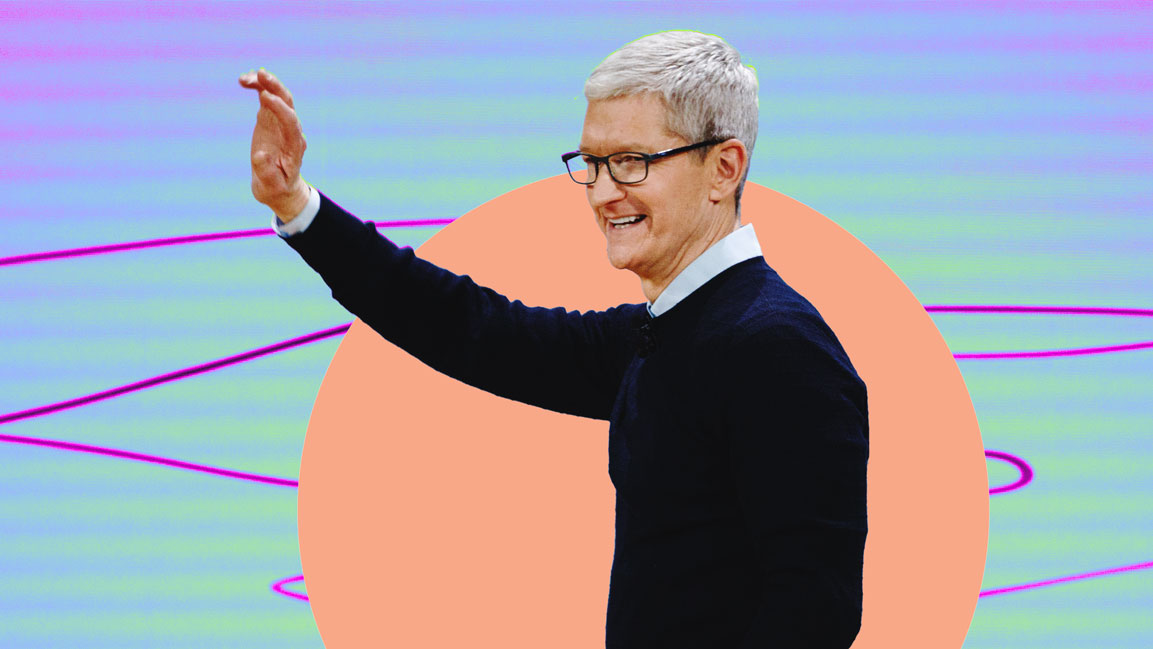Apple Begins Mapping Its Post-Cook Future
Board weighs succession scenarios as Tim Cook mulls stepping down, with hardware chief John Ternus emerging as a key candidate.
News
- Salesforce Rolls Out Slackbot as an AI Agent
- Zoho Launches First Middle East Data Centers in UAE
- Apple Bets on Google’s Gemini to Anchor Its AI Future
- UAE Bank Warns of WhatsApp Zero-Day Exploit Targeting Smartphone Users
- Mastercard Move Powers botim money’s Expansion into 150+ Remittance Corridors
- In the UAE, Business Leaders View Uncertainty as an Opportunity, IBM Report Finds

Apple’s leadership is in a state of flux. According to Financial Times, the company’s board has begun actively weighing succession options as the current chief executive Tim Cook—who turned 65 this month—considers stepping down as early as next year. While no final decisions have been made, the report signals the most significant movement yet on a transition that has long been looming over the iPhone maker.
Cook has now served as CEO for longer than Steve Jobs, who led the company for almost 15 years, steering Apple from a $350 billion valuation in 2011 to more than $4 trillion today.
His tenure has been defined by operational discipline, global scale, and a services-driven expansion that helped the company weather industry cycles. Yet, he has also faced criticism for being slow to define Apple’s position in the generative AI race. Internally, though, Cook’s cautious approach appears justified given the latest AI-crystal ball cracking.
If Cook does step aside, the leading candidate to take the helm is widely believed to be John Ternus, Apple’s senior vice president of hardware engineering. Ternus has risen steadily through the company’s ranks and already plays a central role in shaping the hardware roadmap that anchors Apple’s broader ecosystem. His name has surfaced repeatedly in discussions and external reports, aligning with Cook’s preference for internal successors.
The timing of the succession rumors aligns with a period of notable executive reshuffling. Apple recently concluded a major financial transition as outgoing CFO Luca Maestri handed over responsibilities to Kevan Parekh, formerly Vice President of Financial Planning and Analysis.
At the same time, the retirement of Jeff Williams—Apple’s influential COO—has prompted a redistribution of senior responsibilities, strengthening the roles of Services chief Eddy Cue, software head Craig Federighi, and Ternus.
The person who inherits the CEO role will face a set of strategic challenges that reflect Apple’s complex global footprint. Chief among them is the company’s deep reliance on China, where geopolitical tensions, supply-chain vulnerabilities, and intensifying competition from local manufacturers pose ongoing risks.
The next leader will also need to articulate a more coherent AI strategy that aligns with Apple’s brand while keeping pace with the industry’s rapid shifts.
For now, the company remains characteristically silent about internal deliberations. But the emerging signals suggest Apple is preparing for the generational transition.










